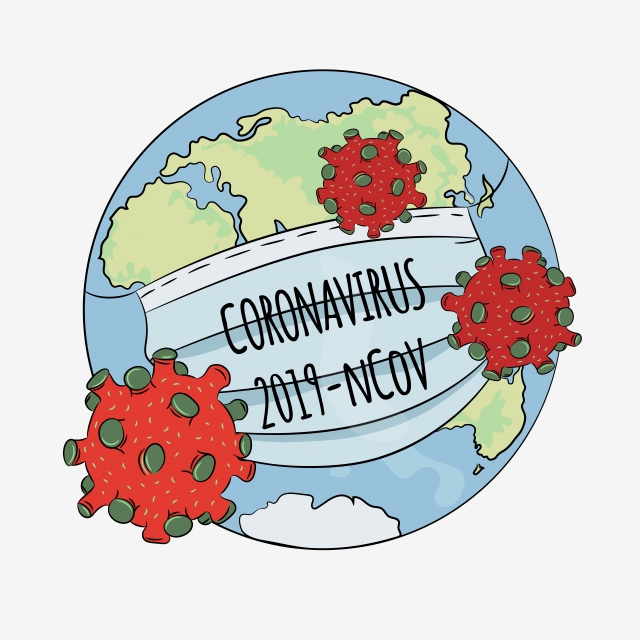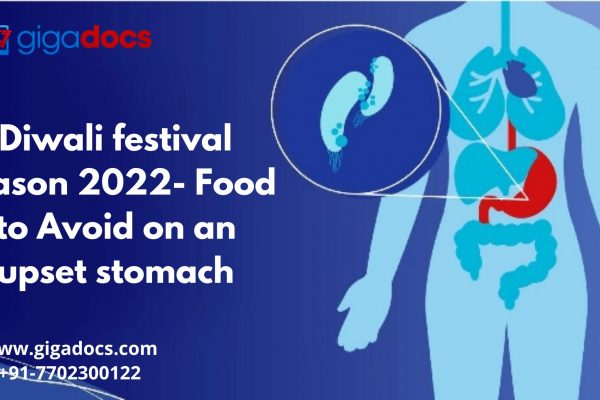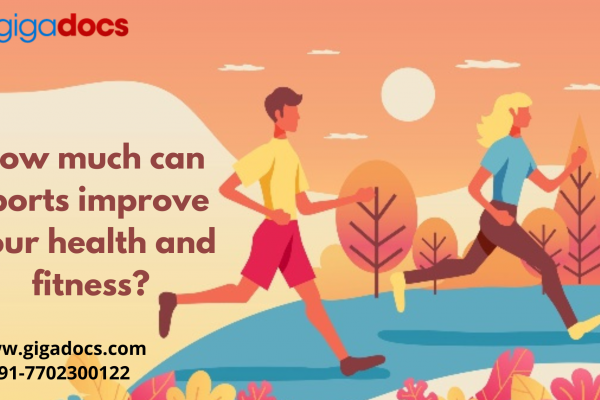As everyone speaks about the deadly Coronavirus, misinformation has raised to deadly myths that have spread in conjunction with the outbreak.
The World Health Organisation (WHO) has declared the Novel Coronavirus (2019-nCoV) infection outbreak a Global health emergency emphasising on the prevention of secondary transmission and international spread, reducing human infection and facilitating research initiatives.
The deadly Coronavirus activated as an SOS alert in search results by Google has caused nearly 30,000 confirmed cases and 600 confirmed deaths out of which 99% of the cases have been reported from people who live in China or have travelled from China to other countries.
As the epidemic grows across geographies, myths and misinformation are plenty to scare and cause confusion. To curb these social media platforms have come together to dispel false information and fake news. Facebook has activated algorithms to fact-check postings and label those that are false, reduce the rankings so that they are less prominently displayed. YouTube, TikTok and Twitter have taken preventive measures to label misinformation. Here is all you must know about the Novel Coronavirus (2019-nCoV) Infection and the myths that surround the viral infection.
What’s Novel Coronavirus (2019-nCoV)?
Coronaviruses are a family of viruses comprising of a banquet of Middle East Respiratory Syndrome coronavirus, Severe Acute Respiratory Syndrome (SARS) and common cold virus.
Coronavirus is similar to a Flu infection?
In many cases, Coronavirus is similar to getting flu, with symptoms ranging from fever to dry cough. However, the deadly coronavirus appears to be more severe than flu. The earliest signs include difficulty in breathing which develops severe viral pneumonia, the prominent symptom in severe cases.
How is Coronavirus transmitted?
The deadly Coronavirus is transmitted through the air droplets which spread from sneezing and coughing via touching either the infected person or through any infected object of use like a cup or glass. Through research have not established which of these are the main getaway to the coronavirus, it is best to take precaution for both the types of spread.
Should you be scared about Coronavirus?
The contagious Coronavirus (2019-nCoV) first emerged in southern China in December 2019, it been recent that its dangerous implications have begun to scare the world. Coronavirus started in a country that gives little media freedom and has a history of information covering up just like the closely-related SARS virus from 2002-3. Too little information has begun to rise fear, misinformation and hoaxes online, including the false claims about its source, how contagious it is and how to treat it. According to health experts, this is a dangerous development and a cause of concern.
Novel Coronavirus (2019-nCoV) Infection- Myths and the Truth
Do herbal remedies treat Coronavirus?
According to the WHO, NO. There is no specific medicine discovered and recommended to treat Coronavirus. WHO asserts, there are some specific treatments which are under investigation and will be tested for further clinical trials. With an aim to roll out an effective cure, WHO is helping to accelerate the pace of research and development efforts.
Can Flu shot prevent Coronavirus?
Experts say if you’ve taken flu shots earlier, you are still susceptible to Coronavirus. Flu shots have not been proven effective against Coronaviruses. Viral infections have their own course and patients suffering from Coronavirus seek medical assistance to take proper care and eat nutritious meals which can boost their immunity and prevent the Coronavirus infection from getting worse.
Do traditional medicines treat Coronavirus?
Social media is responsible for the spread of this myth. Social media platforms are abuzz with natural remedies like eating garlic cloves, having some Chinese medicines or gargling with salt water can be a potential treatment for coronavirus. The truth is, there is no treatment or any vaccine available for Coronavirus.
Can Coronavirus attack healthy individuals?
Coronavirus is equally dangerous to individuals who are healthy and those who have a weaker immune system with respiratory issues. It is important that every person protects themselves by taking adequate precautionary measures.
Can pneumonia vaccines protect against Coronavirus?
No. Vaccines against pneumonia-like Haemophilus influenza type B (Hib) or the pneumococcal vaccine, is not a protection against the Coronavirus. WHO ascertains that, Coronavirus virus is new and needs its own vaccine which is yet to be developed.
Can you use gargling mouthwash as a precaution against Coronavirus?
The truth is No, there is no medical evidence which proves that using mouthwash can protect you from the Coronavirus infection. Some mouthwash can eliminate certain microbes but that does not mean they can protect you from the deadly 2019-nCoV infection.
Did the rollout of 5G cause Coronavirus to spread?
Do you know Wuhan, the epicentre of the Coronavirus was one of the first places in China where the 5G trial was conducted? In case you are wondering how it is associated with Coronavirus, myths say that the 5G weakens immune systems and is harmful to humans. However, this is just a myth.
Can sesame oil block Coronavirus from entering the human body?
The answer is No, sesame oil does not kill Coronavirus. However, some chemical disinfectants have proven to kill the 2019-nCoV on surfaces. These chemicals include chlorine-based disinfectants which constitute chloroform, peracetic acid, and 75% ethanol.
Does Coronavirus affect older people specifically?
No. Coronavirus can attack people of all ages. Most vulnerable to Coronavirus infection include people with pre-existing medical conditions (such as asthma, heart disease and asthma) and older people who can become severely ill with the Coronavirus.
Vitamin C intake and avoiding spicy foods can control Coronavirus?
Myths say that modifying your diet by adding Vitamin C intake and avoiding too spicy foods in addition to avoiding milkshakes, ice cream or cold drinks can curb the Coronavirus spread. Truth says otherwise. No food has proven to control the spread of Coronavirus. Don’t fall for that.
Should you seek Medical Advice for Viral Fever and Cold infection??
Yes, you should, not for the fear of the coronavirus infection, but as the season changes viral infections are common. Don’t be hesitant to reach out to a medical practitioner if you have a cold, cough, throat ache and cramps. Don’t self-medicate book the best general practitioner around you with the Gigadocs App.
- Track your vitals in a live format on the Gigadocs app and share them with your doctor for accurate analysis.
- Get tips on how to maintain a healthy lifestyle and read the latest developments in healthcare.
- Save your health records and medical prescription in a cloud-based format on the Gigadocs app.
More readings-
- How to clean wound dressing with an Antiseptic Skin Cleanser
- Skin Allergy you may acquire during a Gym workout
- Hot water Shower does more Harm than Good
Feeling sick in the Winter Season? Head to a doctor near you
through the Gigadocs App.
IOS
App – apple.co/2W2iG4V
Andriod App – bit.ly/33AQoRC
For more details mail us at info@gigadocs.com




